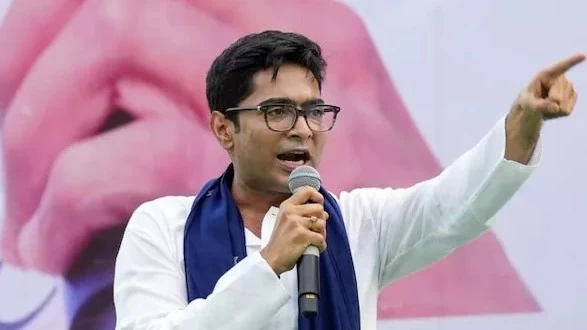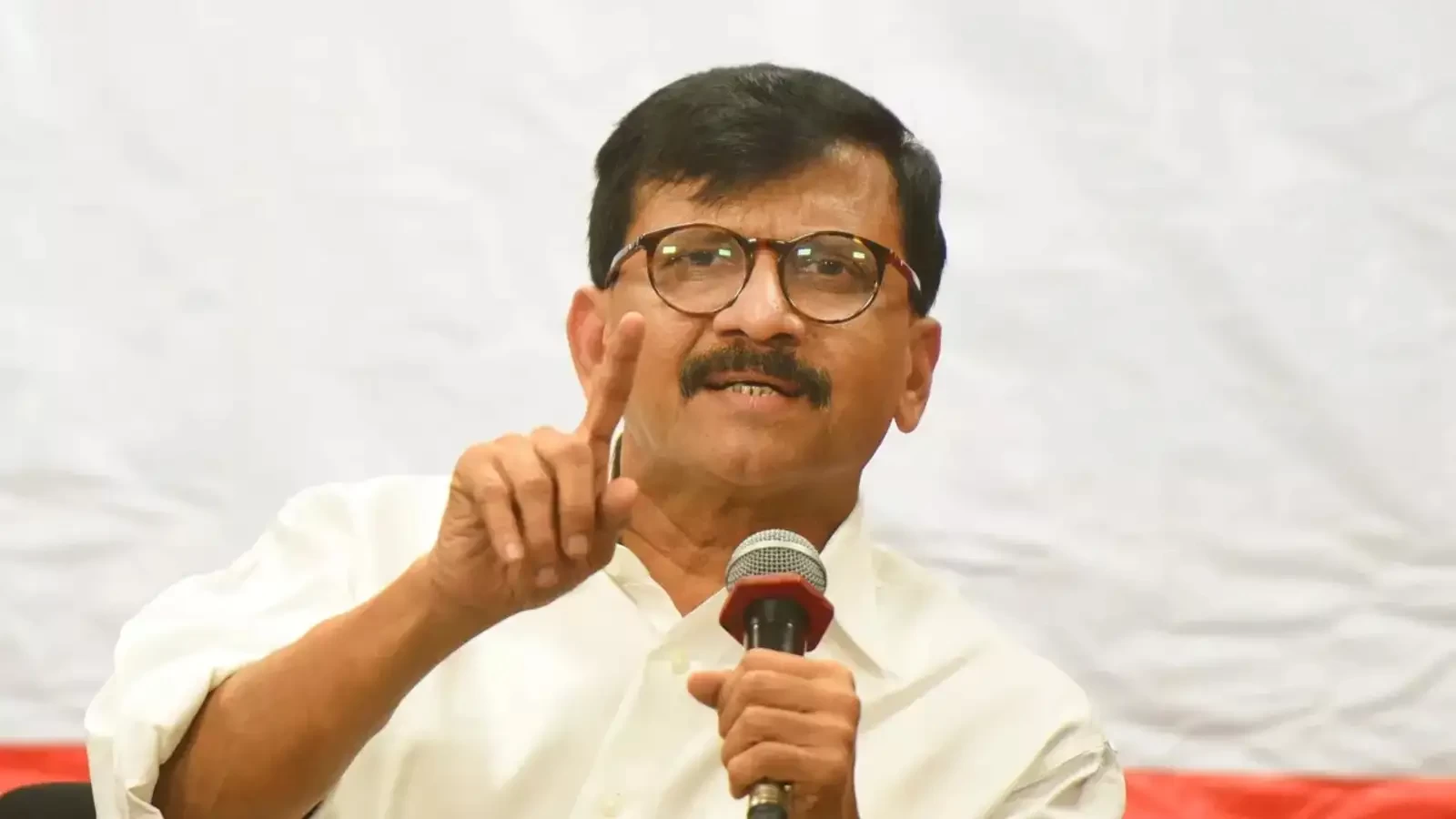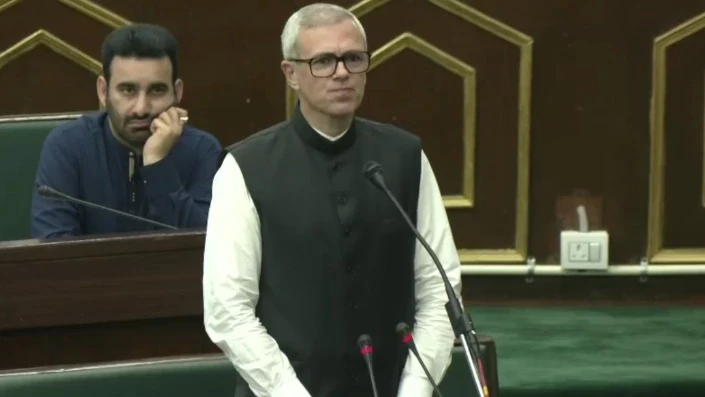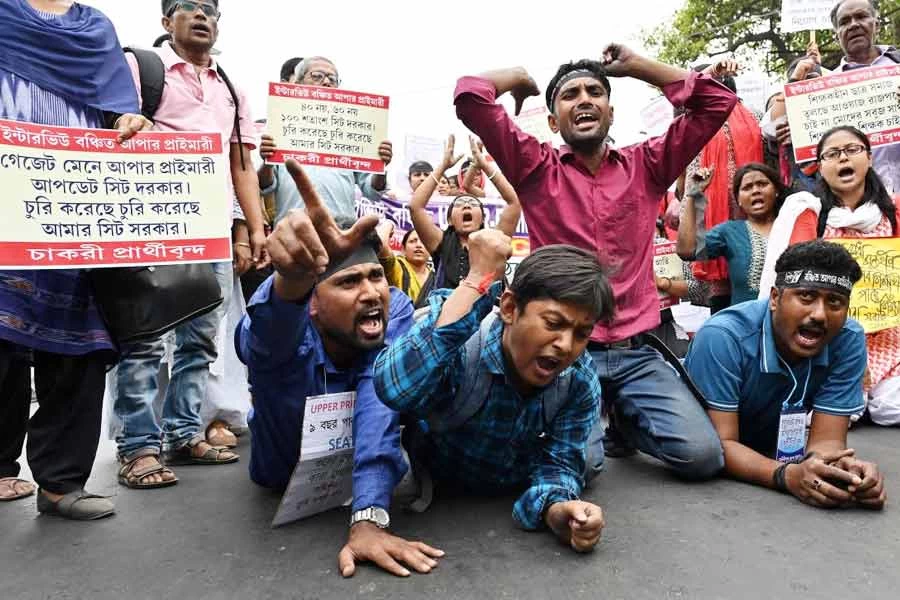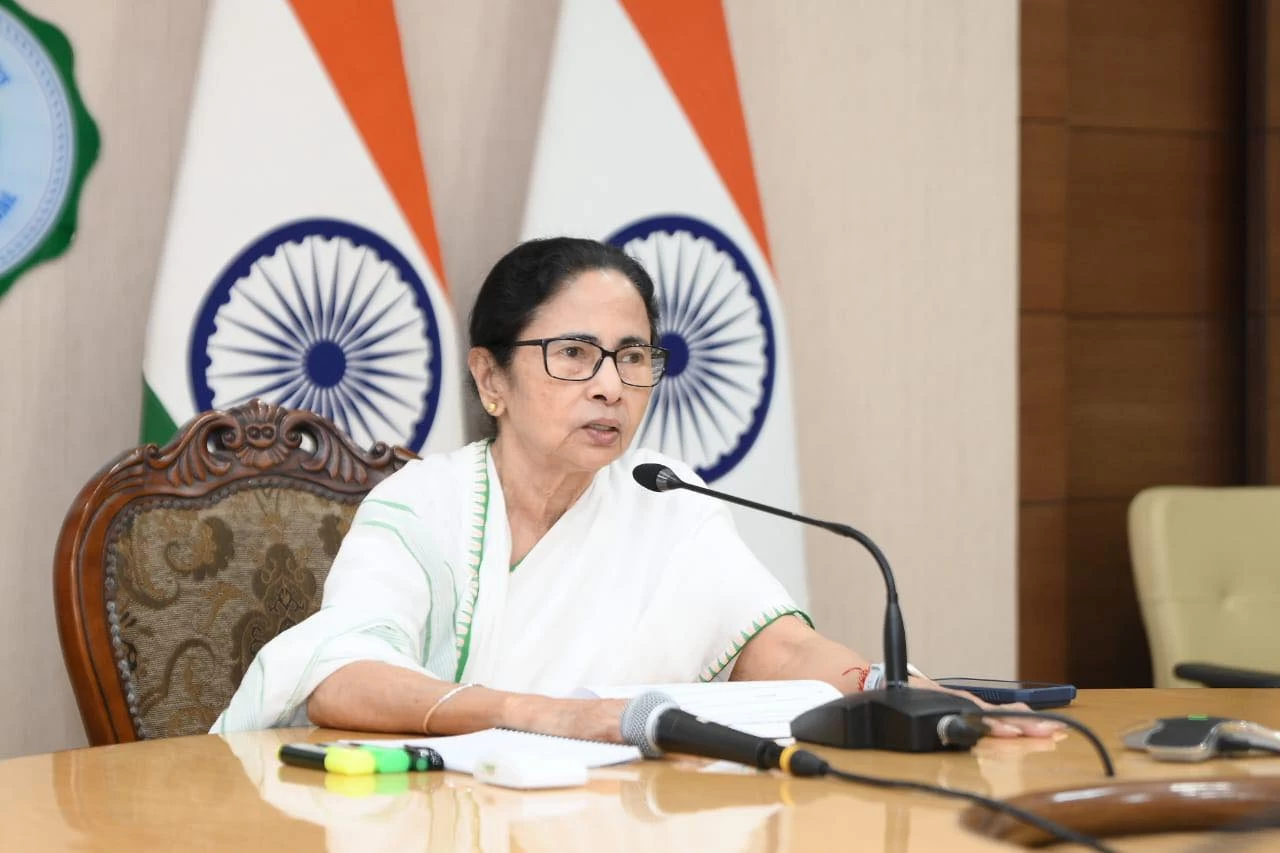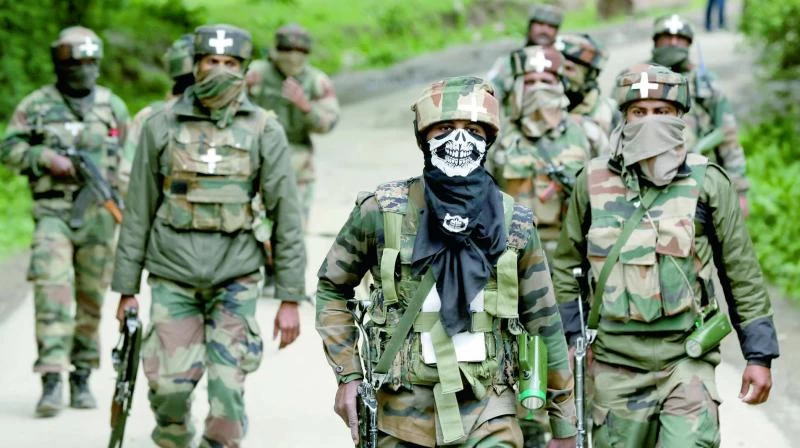Latest Updates
Unrest Grips Bangladesh: Death Toll Rises to 105 in Anti-Quota Clashes
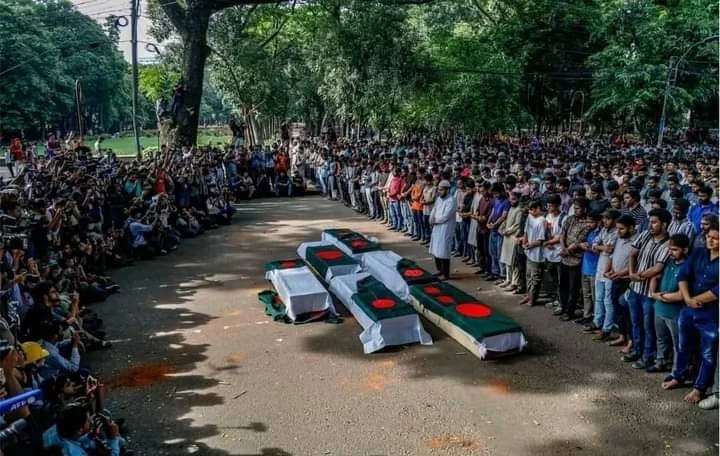
At least 105 people have lost their lives amidst escalating protests in Bangladesh, with thousands more injured as clashes between students, government supporters, and security forces intensify. The unrest, triggered by a court decision to reinstate a 30% quota for government jobs reserved for descendants of Bangladesh's 1971 war veterans, has plunged the nation into a state of crisis.
Indians in Bangladesh
The violence has prompted the evacuation of Indian nationals from Bangladesh, with over 300 students returning home through border points in India's northeast. Concerns for the safety of approximately 15,000 Indians, including 8,500 students, still residing in Bangladesh have led authorities to advise them to stay indoors amidst the ongoing turmoil. Indian authorities have facilitated the return of citizens, emphasizing safety and security amid the volatile situation.
Protests and Clashes
Bangladesh has been engulfed in widespread protests as students and citizens demand the abolition of the quota system, arguing it perpetuates inequality and political favoritism. The demonstrations, which initially began peacefully, turned violent after clashes erupted at Dhaka University and subsequently spread across the country. The situation deteriorated further when protesters attacked government buildings, including the state broadcaster's headquarters. The unrest has disrupted daily life and commerce, with authorities imposing indefinite curfews, shut down universities indefinitely and imposed internet outages and restrictions on public gatherings in an effort to restore order.
Government Response
Prime Minister Sheikh Hasina imposed a nationwide curfew and deployed military forces to restore order after days of deadly confrontations. In a televised address, she invited student leaders for talks to resolve the crisis peacefully, while the government shut down schools, colleges, and mobile internet services in an effort to quell unrest.
International Response
The international community has expressed concern over the escalating violence in Bangladesh. Various countries and organizations have called for restraint and dialogue to resolve the crisis peacefully. The United States and the United Nations have urged all parties to exercise restraint and respect for human rights, emphasizing the need for a peaceful resolution and accountability for any acts of violence.
Why are the people in Bangladesh protesting?
Students are protesting against the quota system that reportedly reserves a majority of government jobs for families of freedom fighters, arguing it perpetuates inequality and political favoritism. Despite previous attempts to abolish the quota, including a Supreme Court decision to suspend it, the issue remains contentious, highlighting broader discontent over governance and opportunities in Bangladesh. The protests underscore deep-seated frustrations over employment opportunities and political influence, posing significant challenges for Prime Minister Hasina's administration.




